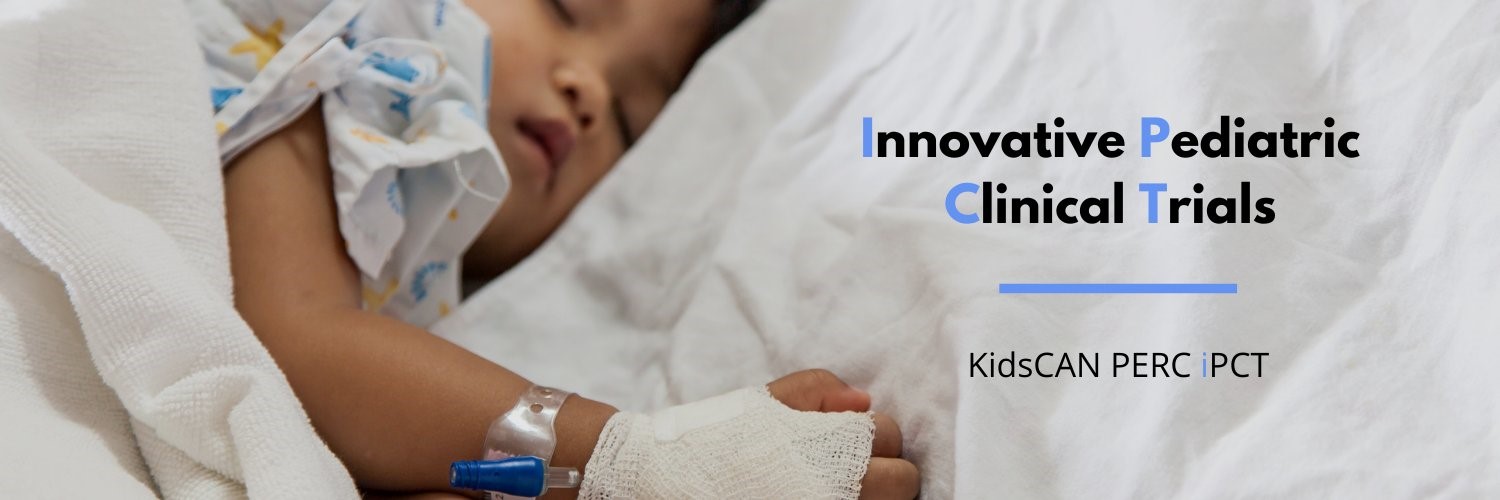 The aim of the Strategy for Patient-Oriented Research Innovative Pediatric Clinical Trials Project (SPOR IPCT) is to develop and test innovative statistical and logistical clinical trial methods with a carefully selected set of four pediatric trails, using a centralized trial management structure and recruiting at six pediatric emergency departments in four Canadian provinces. In a partnership with Pediatric Emergency Research Canada (PERC), the EnRICH Lab leads the Methods Core for this CIHR funded four-year project. The four trials, all set in the emergency department, were chosen based on their potential to benefit from innovative methods as well as on the prevalence of the conditions they address.
The aim of the Strategy for Patient-Oriented Research Innovative Pediatric Clinical Trials Project (SPOR IPCT) is to develop and test innovative statistical and logistical clinical trial methods with a carefully selected set of four pediatric trails, using a centralized trial management structure and recruiting at six pediatric emergency departments in four Canadian provinces. In a partnership with Pediatric Emergency Research Canada (PERC), the EnRICH Lab leads the Methods Core for this CIHR funded four-year project. The four trials, all set in the emergency department, were chosen based on their potential to benefit from innovative methods as well as on the prevalence of the conditions they address.- The No-OUCH trial has now finished recruiting. It used a patient preference approach to randomization to evaluate the comparative effectiveness of ibuprofen alone, or in combination with acetaminophen or hydromorphone, in clinical pain relief for suspected fractures.
- The The DOSE-AGE Study, expected to finish recruitment Q2 2024, is a pragmatic trial that evaluates both safety and efficacy of multiple doses of ondansetron administered post-discharge to children with acute gastroenteritis
- The INK study – recruitment ongoing – evaluates the use of intranasal versus intravenous ketamine as a less painful experience in procedural sedation as it correlates with child satisfaction and healthcare team morale.
- The Bronchiolitis trial – expected to finish recruitment Q3 2024 – builds on previous evidence and will definitively confirm whether combination therapy with epinephrine and dexamethasone is effective in treating bronchiolitis and reducing infant hospitalizations.
Details on the Innovative pediatric clinical trials (iPCT) can be found here.
Updated December 2024

